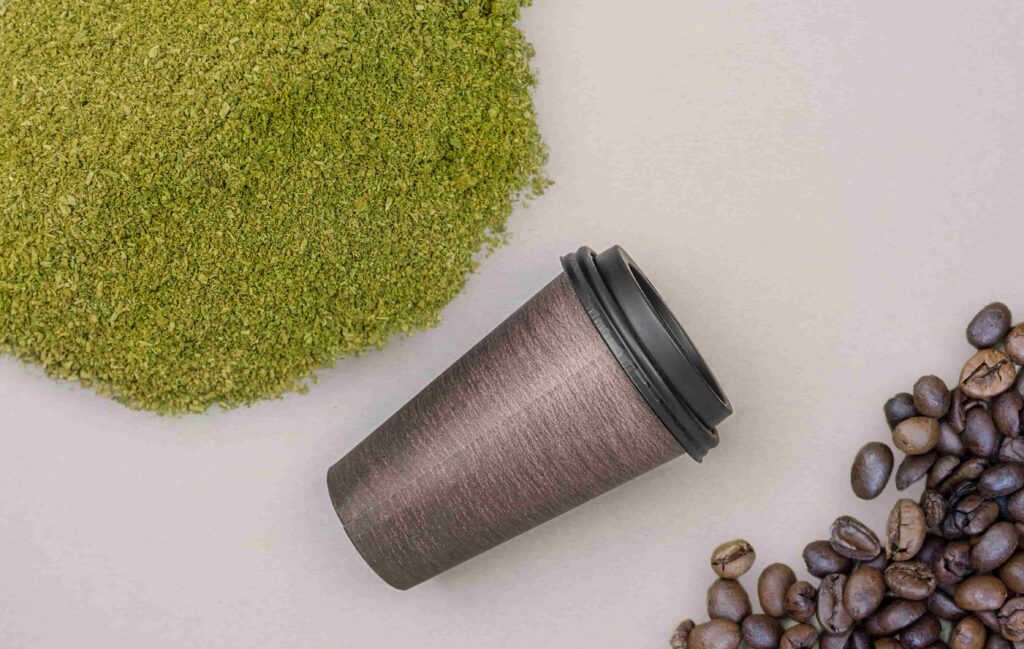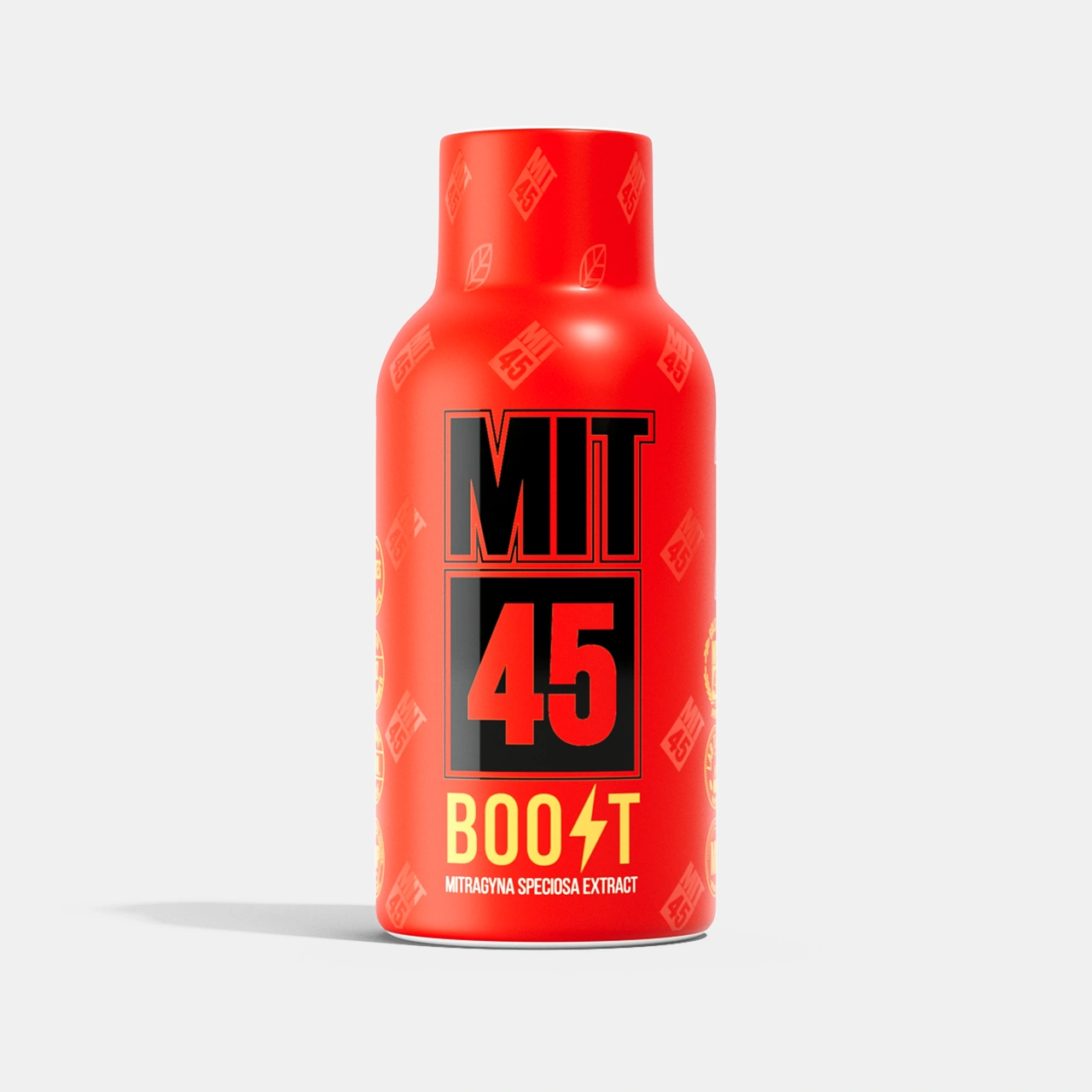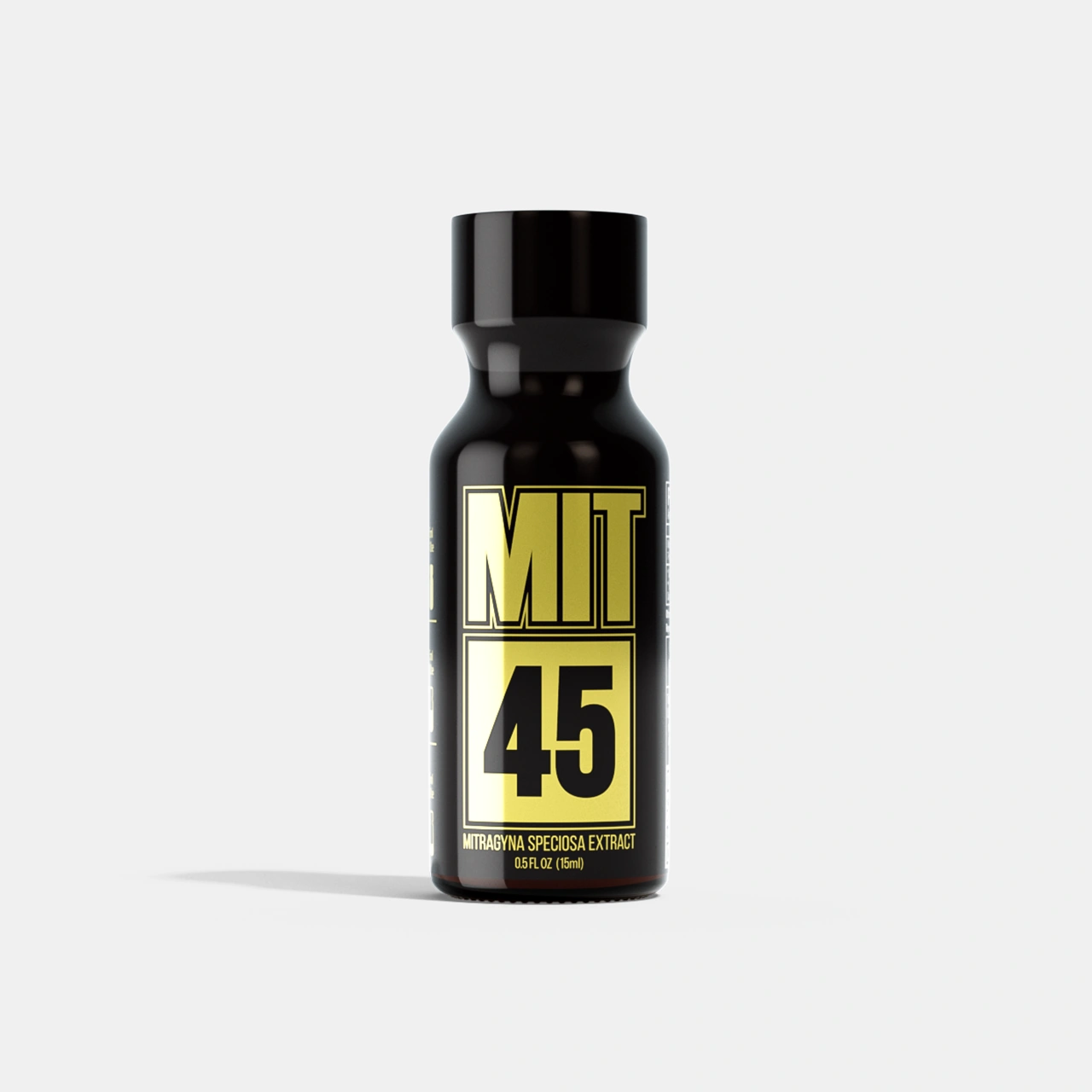I love coffee culture. And when I’m on Zoom meetings before noon, there’s a high likelihood that at least one meeting attendee will apologize for their sleepiness with the comment, “I haven’t had my coffee yet this morning!”
74% of Americans drink coffee daily, and I’m no different. For me, many mornings start with coffee, whether it’s a paper cup from my favorite nearby gas station, a cold brew I steeped overnight in the fridge (it’s so good with cinnamon and brown sugar added), strong stuff I brewed in my Moka pot, or a more time-consuming but delicious pourover.
But with coffee, there’s a catch. Actually, several catches.
There’s a reason over 2.25 billion cups of coffee per day are consumed worldwide—but for some people, coffee can deliver adverse effects. It’s becoming more popular to try giving up coffee for a short stint or indefinitely. When I don’t drink coffee, I’m sleepier but also feel calmer.
Studies show daily caffeine consumption can disrupt your sleep cycle and boost cortisol. It can also increase anxiety, make you jittery, and encourage lower saliva levels, which can increase the possibility of tooth decay. On the issue of cortisol boosts, if people who already have higher-than-normal levels of cortisol drink too much coffee, it can result in an overwhelming amount of cortisol flooding the body—majorly affecting stress levels and weakening the immune system.
It’s also becoming popular in the endometriosis community to go off coffee, though the jury is still out on whether it affects symptoms. Coffee also majorly affects glucose levels, so eating breakfast before or with your morning coffee is a good idea.
Why kratom is a great coffee substitute
If you’ve considered trading your coffee for something else, kratom could be a great swap-in. Some people even combine kratom and coffee for a combined energy boost, but for now, let’s talk about the benefits of consuming kratom instead of coffee.
Coffee is made from the roasted beans of the Coffea plant, while kratom comes from the leaves of the Mitragyna speciosa tree, which is native to Southeast Asia.
The primary active compound in coffee is caffeine, a well-known stimulant. On the other hand, kratom contains alkaloids like mitragynine and 7-hydroxymitragynine, which also have energizing effects, but different mechanisms of action compared to caffeine. Both botanicals can provide an energy boost and increase alertness, and many people consume one or both to combat fatigue and stay awake.
Healthy habits to consider with kratom and coffee consumption
Coffee and kratom can both function as great additions to your daily routine, and there are some key suggestions to follow when consuming either. It’s important to drink plenty of water when consuming coffee or kratom, because both have the potential to dehydrate you. As briefly mentioned above, coffee does have the potential to dehydrate you and mess with your glucose levels, so it’s important to remember to eat!

With kratom, taking it on an empty stomach is recommended to produce the strongest effects, but the hydration piece is still important. And if you’re a newer kratom user, it’s a good idea to start out by eating a light meal 30 minutes to an hour before you take the kratom to avoid any potential adverse effects (some newer kratom users report nausea when taking kratom on an empty stomach).
How to substitute kratom for coffee
Coffee is typically consumed as a beverage and brewed with hot water. Kratom has historically been brewed into tea for hundreds of years. Today, people consume kratom in many innovative formats, including concentrates, shots, gummies, capsules, and more. Ready to try out replacing your morning cup of coffee with kratom? Learn how to make the perfect cup of kratom tea here.
In summary, coffee and kratom both deliver energizing effects but differ in their origins, chemical composition, and effects on the body.
References
Brown, Alex. “79% of Americans Drink 2+ Cups of Coffee Per Day, Survey Finds.” News Direct. Published January 2023.
Staff Writer. “Cortisol: What It Is, Function, Symptoms & Levels.” Cleveland Clinic. Last Reviewed December 2022.
Duffin, Jessica. “The Effects of Caffeine on Endometriosis.” Endometriosis News. Published August 2017.
Higgins, Sean. “Benefits of Quitting Caffeine.” BetterYou. Published July 2022.





